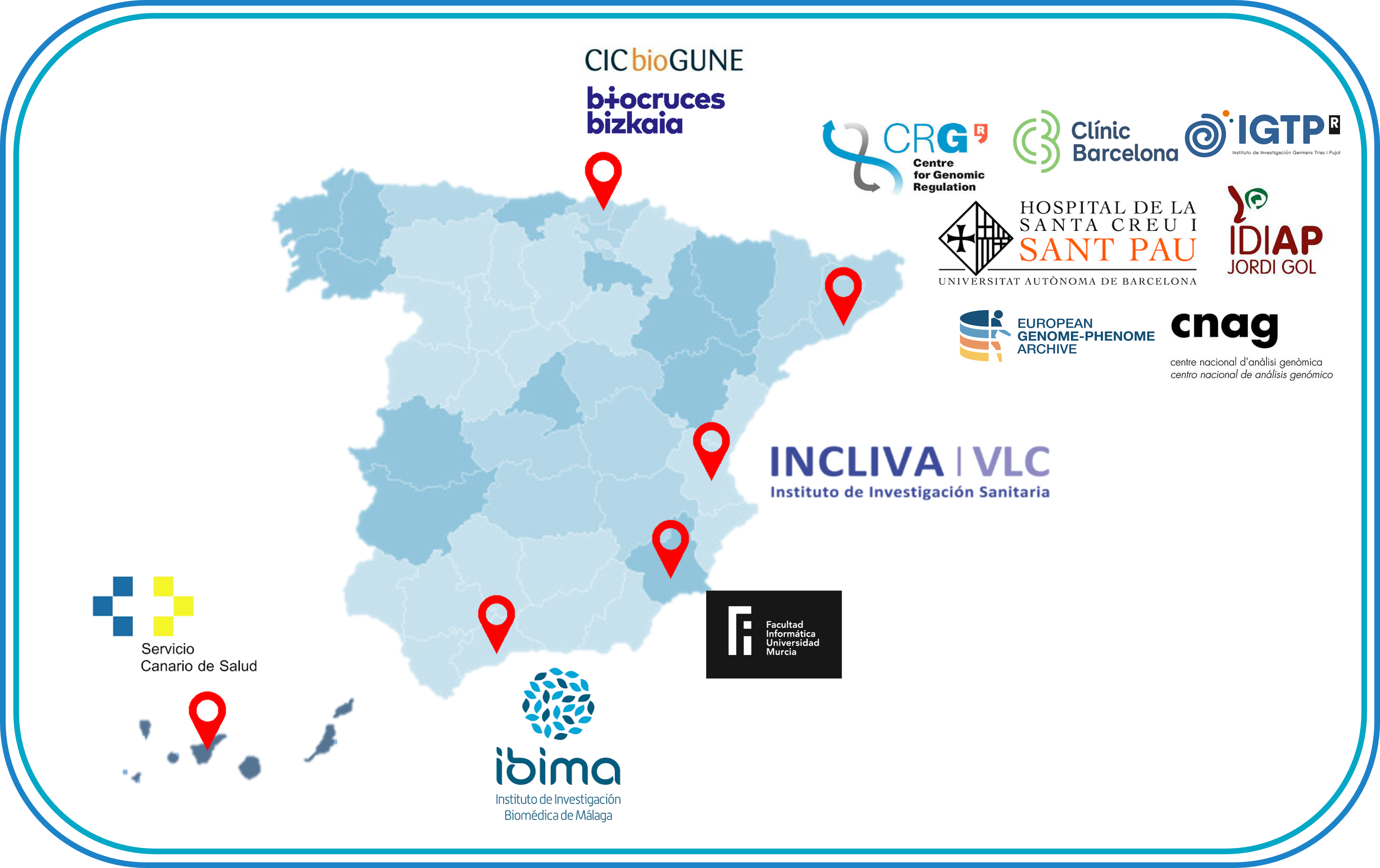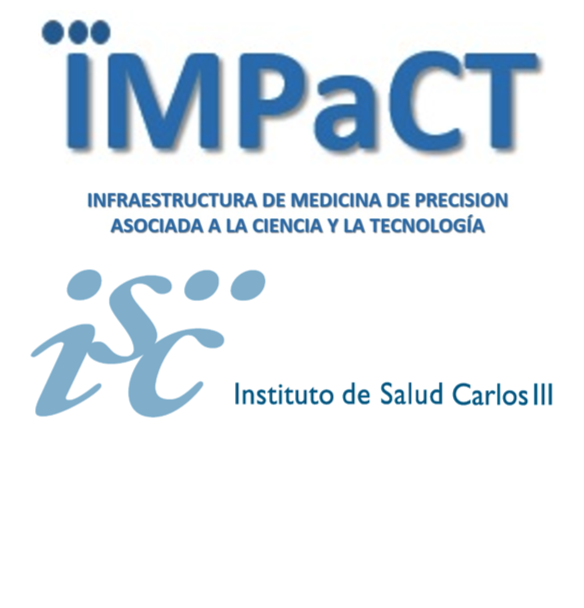IMPaCT T2D: A genomic strategy to implement precision medicine in Type 2 Diabetes
HOW TO PARTICIPATE?
-People with Type 2 Diabetes.
-Body Mass Index less than or equal to 30 Kg/m² at diagnosis.
-Age less than or equal to 59 years at the time of diagnosis.
At the following link, you will find all the information about the centers you can visit to participate in the study.
Your participation is completely voluntary, and you can withdraw at any time without providing an explanation. This is a study in which your medical treatment will not be modified. Additionally, the information will be stored in a database using a code instead of your name, with no information that could identify you.
If you participate, you will have altruistically contributed to a study aimed at diagnosing different forms of diabetes, improving treatment, and reducing diabetes-related complications.
News

This event will be held at Centre for Genomic Regulation, in Barcelona (Spain), on November 17 and 18, 2022.
Our Team
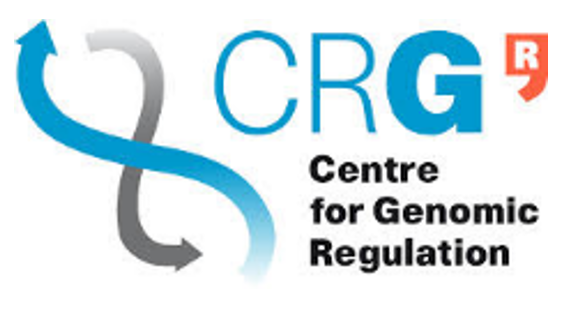
A data management and analysis group – The CRG is the coordinating center of IMPaCT T2D and is in charge of the Annotation of Genetic Information team (WP4).
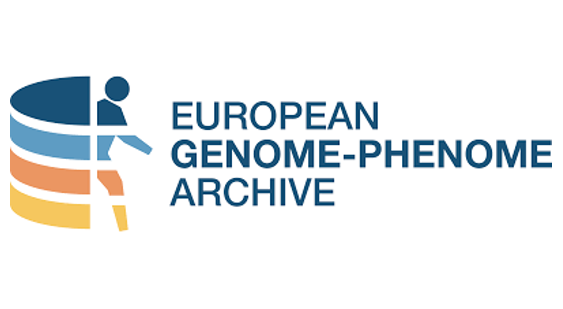
A data management and analysis group – The EGA is in charge of the Data Management team (WP3).
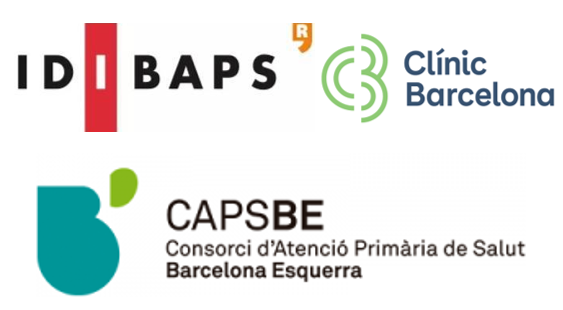
A clinical research group – FRCB-IDIBAPS is a key center for patient recruitment of cohorts and clinical characterization.
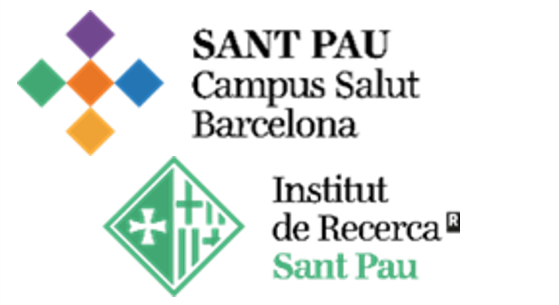
A clinical research group – The team of Hospital de la Santa Creu i Sant Pau is the coordinator of the validation phase and first pharmacogenomic study (WP6) and also collabotes in patient recruitment.
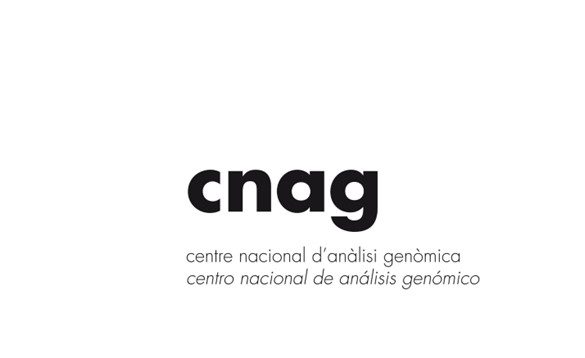
CNAG has contributed to the sequencing of part of the genomes in the iMPACT project, providing its expertise and cutting-edge technology for genomic analysis
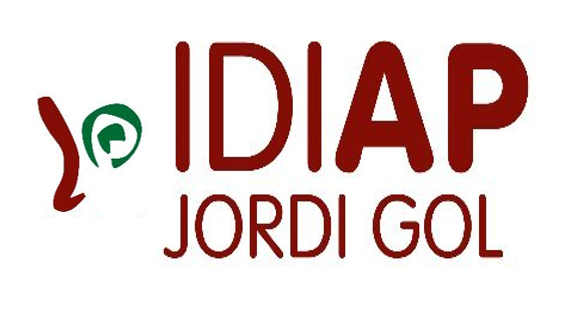
A clinical research group – The IDIAP Jordi Gol will carry out a qualitative study to find out how the information from genetic studies should be transmitted to the general population and family doctors and will contribute to the validation of the results of the first phase.
Contact
Do you have any questions about how to participate?
Don’t hesitate to write to us!
Send a message
